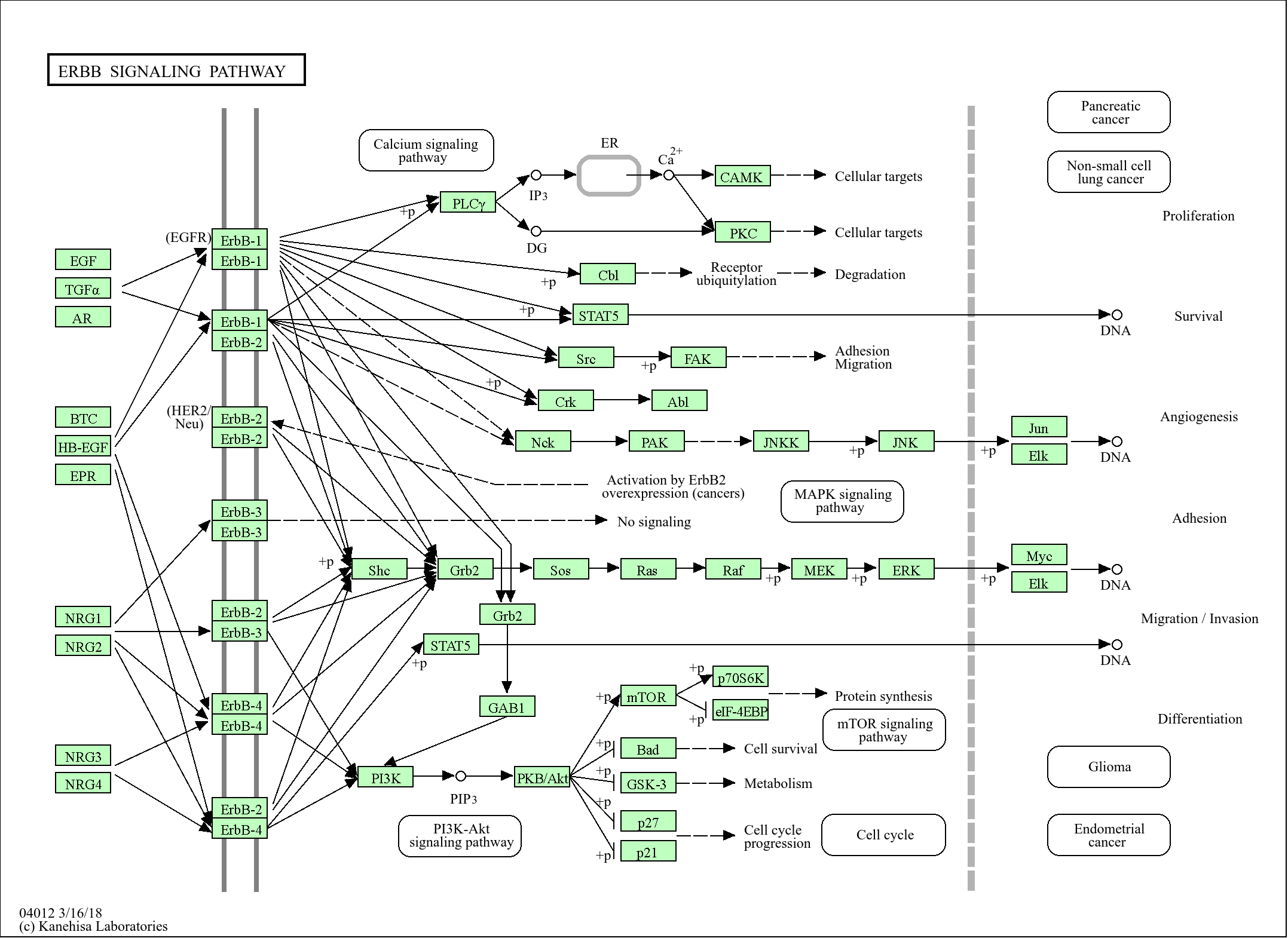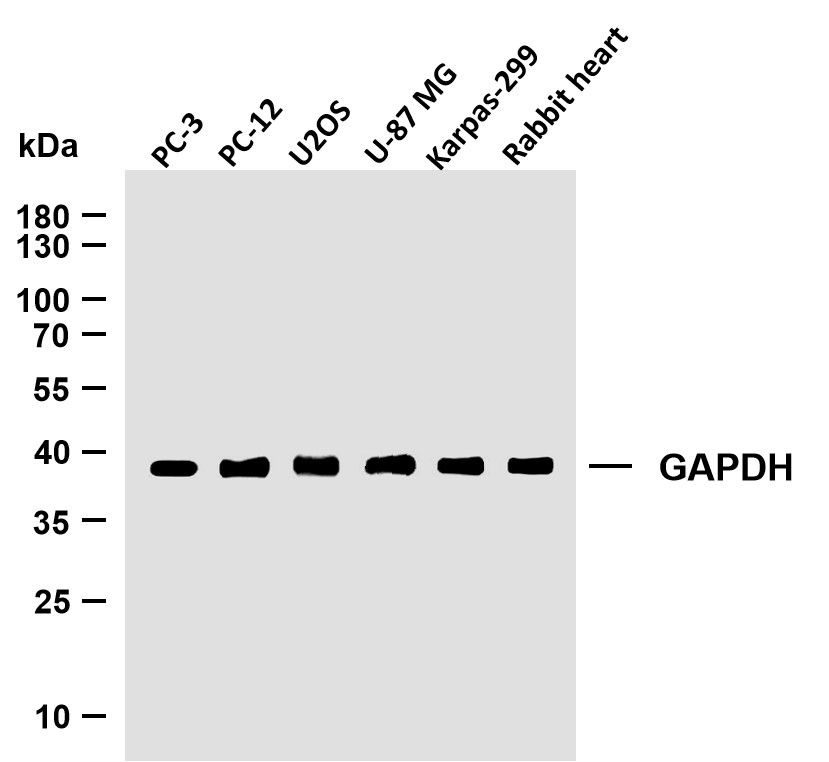
Catalog: YT5101
Size
Price
Status
Qty.
200μL
$450.00
In stock
0
100μL
$280.00
In stock
0
40μL
$150.00
In stock
0
Add to cart


Collected


Collect
Main Information
Target
SCML2
Host Species
Rabbit
Reactivity
Human
Applications
WB, ELISA, IHC
MW
77kD (Observed)
Conjugate/Modification
Unmodified
Detailed Information
Recommended Dilution Ratio
WB 1:500-2000; IHC 1:50-300; ELISA 1:2000-20000
Formulation
Liquid in PBS containing 50% glycerol, 0.5% BSA and 0.02% sodium azide.
Specificity
SCML2 Polyclonal Antibody detects endogenous levels of SCML2 protein.
Purification
The antibody was affinity-purified from rabbit antiserum by affinity-chromatography using epitope-specific immunogen.
Storage
-15°C to -25°C/1 year(Do not lower than -25°C)
Concentration
1 mg/ml
MW(Observed)
77kD
Modification
Unmodified
Clonality
Polyclonal
Isotype
IgG
Related Products
Antigen&Target Information
Immunogen:
Synthesized peptide derived from the Internal region of human SCML2.
show all
Specificity:
SCML2 Polyclonal Antibody detects endogenous levels of SCML2 protein.
show all
Gene Name:
SCML2
show all
Protein Name:
Sex comb on midleg-like protein 2
show all
Other Name:
SCML2 ;
Sex comb on midleg-like protein 2
Sex comb on midleg-like protein 2
show all
Background:
This gene encodes a member of the Polycomb group proteins. These proteins form the Polycomb repressive complexes which are involved in transcriptional repression. The encoded protein binds histone peptides that are monomethylated at lysine residues and may be involved in regulating homeotic gene expression during development. [provided by RefSeq, Jun 2010],
show all
Function:
Function:Putative Polycomb group (PcG) protein. PcG proteins act by forming multiprotein complexes, which are required to maintain the transcriptionally repressive state of homeotic genes throughout development.,PTM:Phosphorylated upon DNA damage, probably by ATM or ATR.,similarity:Belongs to the SCM family.,similarity:Contains 1 SAM (sterile alpha motif) domain.,similarity:Contains 2 MBT repeats.,tissue specificity:Highly expressed in placenta, thymus and testis. Detected at lower levels in brain, liver, skeletal muscle, pancreas and ovary.,
show all
Cellular Localization:
Nucleus .
show all
Reference Citation({{totalcount}})
Catalog: YT5101
Size
Price
Status
Qty.
200μL
$450.00
In stock
0
100μL
$280.00
In stock
0
40μL
$150.00
In stock
0
Add to cart


Collected


Collect
Recently Viewed Products
Clear allPRODUCTS
CUSTOMIZED
ABOUT US
Toggle night Mode
{{pinfoXq.title || ''}}
Catalog: {{pinfoXq.catalog || ''}}
Filter:
All
{{item.name}}
{{pinfo.title}}
-{{pinfo.catalog}}
Main Information
Target
{{pinfo.target}}
Reactivity
{{pinfo.react}}
Applications
{{pinfo.applicat}}
Conjugate/Modification
{{pinfo.coupling}}/{{pinfo.modific}}
MW (kDa)
{{pinfo.mwcalc}}
Host Species
{{pinfo.hostspec}}
Isotype
{{pinfo.isotype}}
Product {{index}}/{{pcount}}
Prev
Next
{{pvTitle}}
Scroll wheel zooms the picture
{{pvDescr}}


















